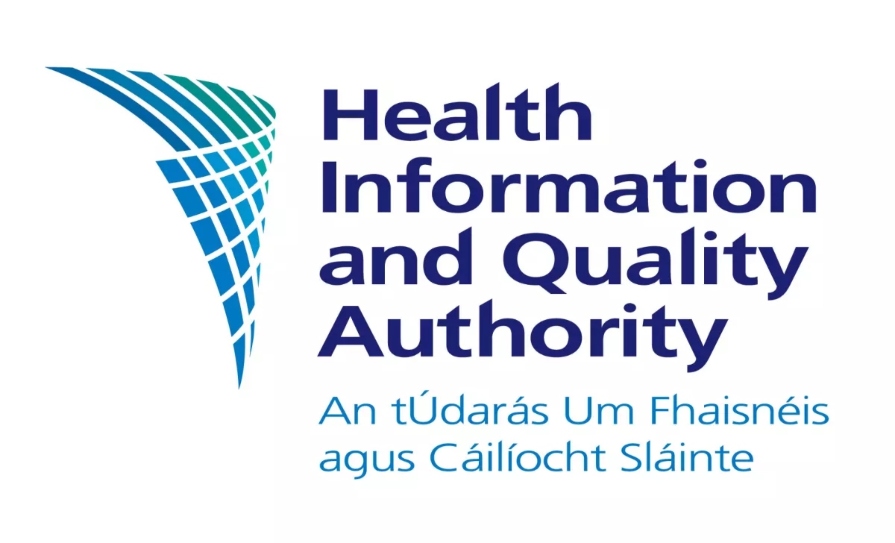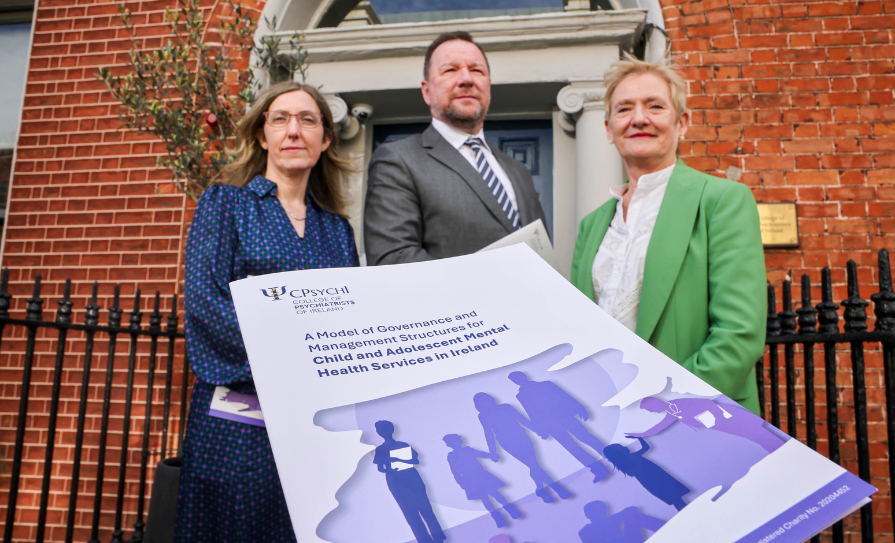Prominent disability activist Ms Leigh Gath has criticised the “extortionate” level of tax sought by Government on an extensively modified vehicle that she requires to drive independently.
Ms Gath, a survivor of Thalidomide who is a wheelchair user, told the Medical Independent (MI) she was not the only person with significant disability who was driving and that the Government was “trying to rip off” people.
Ms Gath imported a Volkswagen Caravelle Executive with extensive modifications at a cost of over €93,000 to replace her nine-year-old vehicle. The vehicle was procured from the UK due to the limited options and nature of modifications required, which includes a lift on the side, six-way swivel seat, and hand controls.
She was informed by the National Car Testing Service that over €23,000 in tax – principally value-added tax (VAT) – was payable to have the vehicle registered in Ireland. This fee was the outstanding tax owed after relief to an upper limit of €22,000. Ms Gath told MI that approximately €50,000 in vehicle registration tax (VRT) and VAT was charged before the upper limit of tax relief was applied.
The upper limit in tax relief is prescribed under legal regulations governing the Disabled Drivers and Disabled Passengers Scheme. There is no upper limit in tax relief for organisations that procure a vehicle with relevant adaptations that is used to transport five or more people with a disability.
Ms Gath told MI she would not be paying the fee and was prepared to challenge the matter in court if necessary.
A spokesperson for the Department of Finance said Minister Paschal Donohoe had “committed to a comprehensive review” of the Disabled Drivers and Disabled Passengers Scheme “to include a broader review of mobility supports”.
The spokesperson said the Minister for Children, Equality, Disability, Integration and Youth Roderic O’Gorman had agreed that the review should be incorporated into the work of the national disability inclusion strategy transport working group.
The working group, chaired by Minister of State for Disability Anne Rabbitte, held its final meeting on 8 December and will produce its report “shortly”, said the Department of Finance spokesperson.
A subgroup formed in the Department of Finance as part of this process concluded that the Disabled Drivers and Disabled Passengers Scheme needed to be replaced with “a fit-for-purpose, needs-based, grant-aided vehicular adaptation scheme in line with best international practice. Both the Minister and the Department share this view.”
The Department of Children, Equality, Disability, Integration and Youth stated that the working group is tasked with a “very specific objective” to coordinate action on transport and mobility supports for people with disabilities across Government “in order to develop proposals to enhance the options for transport to work or employment for people with disabilities”.
A spokesperson for the Disability Federation of Ireland told this newspaper: “We are aware that the Disabled Drivers and Disabled Passengers Scheme is under review but we feel the current scheme is not fit-for-purpose.
“Whilst we haven’t conducted any official research on the Disabled Drivers and Disabled Passengers Scheme, we have heard similar stories to this [Ms Gath’s] from our members.
“It is yet another example of the extortionate costs that people with disabilities face. In our Pre-Budget submission to the Government earlier this year, we called on them to consider the cost of disability, as set out in their own cost of disability report, and to support people sufficiently.
“The one-off payment they have allocated is just not appropriate. A disability is not one-off. It doesn’t go away. Government continues to leave the disability community behind and this is just another example of how unequal a society we live in. “













Leave a Reply
You must be logged in to post a comment.